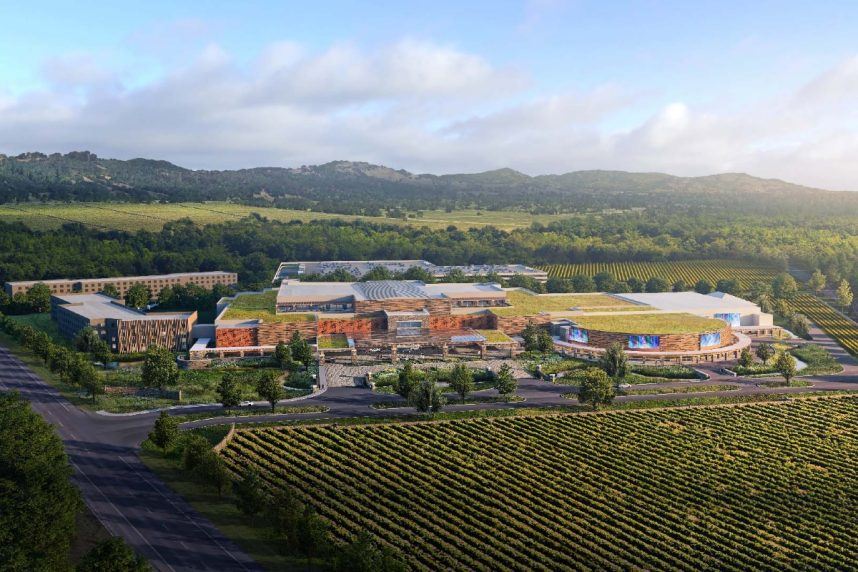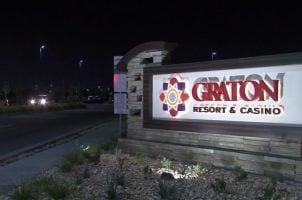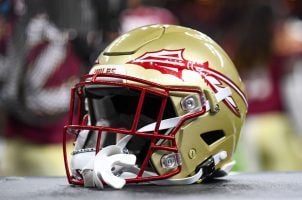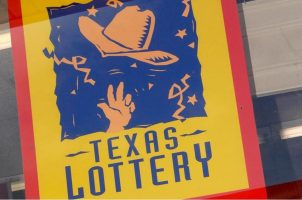California Wine Country Tribal Casino Proposal to Receive Public Hearing
Posted on: September 25, 2023, 02:38h.
Last updated on: September 28, 2023, 10:03h.
A proposed $600 million tribal casino in California’s wine country north of San Francisco will hold a public hearing this week with the U.S. Bureau of Indian Affairs (BIA).

The Koi Nation of Northern California gained federal recognition in 2019. It quickly sought to secure its economic sovereignty through casino gaming, as many federally recognized tribes nationwide have already done. In September 2021, the tribe located land it believes it has historical ties to, with a landowner willing to sell the 68.6-acre plot of land at E. Shiloh Rd. and Old Redwood Highway.
The property is currently a vineyard and estate. The Koi Nation purchased the property on Sept. 3, 2021, for $12.3 million. But to open a tribal casino on the land, the Koi needs the Department of the Interior (DOI) to take the acreage into the federal trust.
The DOI’s review is ongoing. In the meantime, the BIA conducted an extensive Environmental Assessment to analyze the potential environmental consequences of allowing the Koi Nation to construct a casino resort on the land.
This Wednesday, September 27, the BIA will host a public hearing on its environmental review findings. The meeting will be virtual. Sonoma County residents wishing to submit comments can do so by visiting this site.
Three Proposals
On Wednesday, federal BIA officials and reps from the Koi Nation will detail to the public the scope of three different projects from the tribe and the projected environmental impacts of each. The tribe is most eager about a casino resort that would span more than 538,000 square feet of indoor space and feature typical amenities such as a hotel, numerous restaurants, and a spa.
If the environmental harms associated with such a large-scale integrated resort might result in the BIA denying approval, the tribe said it is willing to settle on a smaller resort with an indoor footprint measuring about 406,000 square feet. A third scenario would ditch the casino and instead focus on the winery with an accompanying hotel.
The primary proposal includes a casino floor spanning about 114,000 square feet, 2,750 slot machines, 105 table games, and a sportsbook. A 400-room hotel, 14,000-square-foot spa, five restaurants, numerous bars and quick-service eateries, and a 44,900-square-foot ballroom are also in the plans.
A 1.2 million square foot parking garage and more than 600 surface parking spots would accompany the indoor setting.
Area Tribes Opposed
The Koi Nation claims to trace its roots to the land about 10 miles north of downtown Santa Rosa and about 75 miles north of San Francisco. But tribes with a longer physical presence in the region have contested those claims.
The Koi Nation’s attempt to open a gaming resort in Northern California has been scorned by nearby tribes. The Federated Indians of Graton Rancheria and Dry Creek Rancheria Band of Pomo Indians, which respectively own and operate Graton Resort & Casino and River Rock Casino, have voiced opposition to the Koi Nation project on the grounds that they’re encroaching on their turf.
Graton officials have levied the harshest attack, with the tribe saying that the Koi Nation is “reservation shopping,” a term coined by anti-casino groups to disparage nongaming tribes trying to acquire desirable property and place it into the federal trust for gaming purposes.
“The consensus among ethnohistorians is that the Koi Nation’s ancestral roots are in the Lower Lake area of Lake County,” declared Graton Rancheria Chairman Greg Sarris in 2021. “The Koi Nation has never been associated with Sonoma County, linguistically or culturally, as a people indigenous to its landscape.”
The DOI and Secretary Deb Haaland, with recommendations from the BIA, have the final say in whether the Koi Nation land is taken into the federal trust.
Related News Articles
Jackpot: Slots Player Wins $3.3M at California’s Graton Casino
California College Partners With Tribal Casino For Student Housing
Seminole Tribe Says Florida Cardroom Sports Betting Challenges Are ‘Strawmen’
Most Popular
LOST VEGAS: ‘Tony The Ant’ Spilotro’s Circus Circus Gift Shop
Casinos That Were Never Casinos
LOST VEGAS: The Strip’s First Fountain Show
Most Commented
-
End of the Line for Las Vegas Monorail
— April 5, 2024 — 90 Comments -
Cracks Emerging on Las Vegas Strip Says Analyst
— April 30, 2024 — 10 Comments -
Mega Millions Reportedly Mulling Substantial Ticket Price Increase
— April 16, 2024 — 9 Comments
















No comments yet